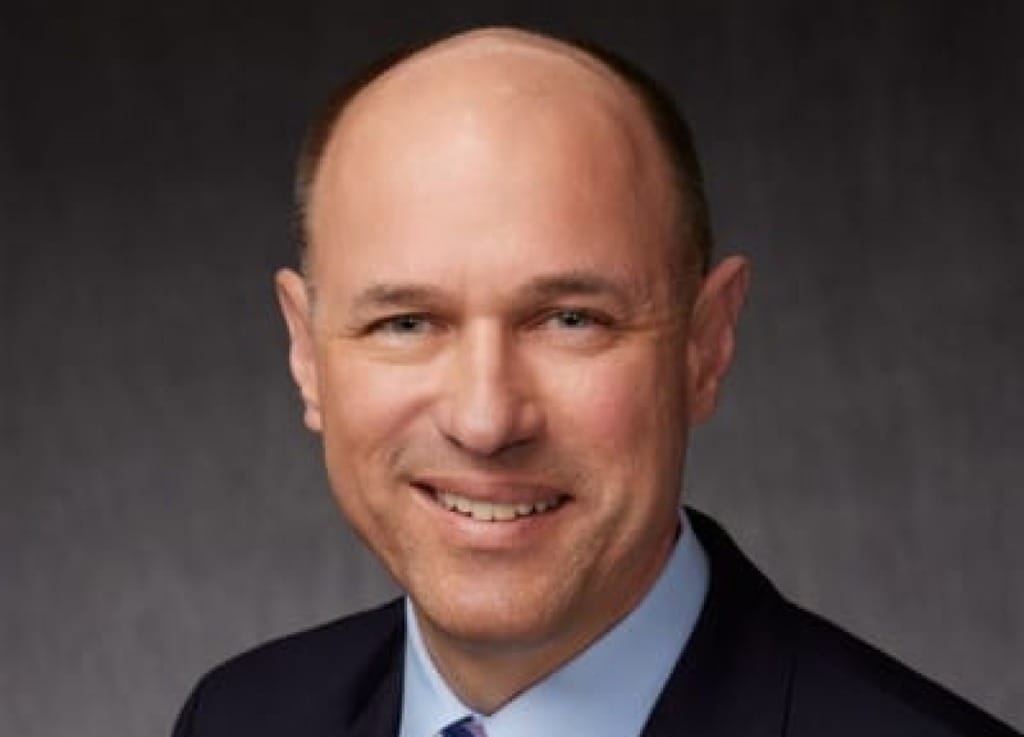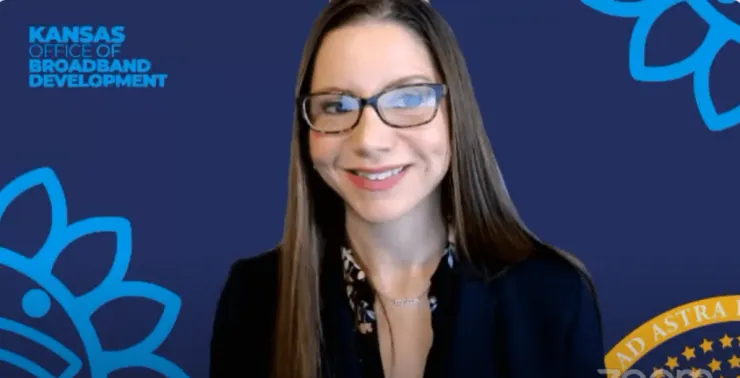Rob Osborn Leads the Division of CPUC Responsible for Broadband Grants
Osborn is responsible for implementation of California broadband funding programs.
Teralyn Whipple

During the days in advance of the California Broadband Summit, Broadband Breakfast is profiling the leading state officials and their roles in California broadband.
June 3, 2024 – Robert Osborn, director of Communications Division within the California Public Utilities Commission, manages the telecommunication regulatory responsibility of the agency and administers broadband grants for the state.
The CPUC is relatively unique among states in that, notwithstanding being a regulatory agency, it also has administered broadband grants for the past 14 years.
The Communications Division assists the commission in developing policies and regulations within the state that promote telecommunication competition. It also works to address regulatory changes required by state and federal laws.
The CPUC‘s grant portfolio includes the Broadband, Equity, Access, and Deployment program of the U.S. Commerce Department.
The California Department of Technology leads the state's Broadband for All initiative and is responsible for the strategic planning and coordination of broadband deployment across the state. Separately, the CPUC administers substantial funding programs to support broadband expansion.
Panel 1: The California Broadband Moment
As billions flood into broadband development nationwide, California is riding high on this wave, netting $1.86B from the government’s flagship Broadband Equity, Access and Deployment Program. For the nation’s leading tech hub, how has this pivotal moment unfolded? How does this dovetail with the state’s ongoing initiatives aimed to drive innovation in the technology and telecom sectors?
 Broadband BreakfastBroadband Breakfast
Broadband BreakfastBroadband Breakfast
Osborn, through his role at the Communications Division, is responsible for overseeing the development, adoption and implementation of California policies related to federal funding programs.
This includes the more than $3 billion in state and federal funds for broadband deployment as part of the California Governor’s Broadband For All initiative. Money for this initiative comes from the $42.5 billion federal BEAD program, of which California received $1.9 billion.
In a January 2024 Broadband Breakfast event, Osborn said that the state is expecting a high magnitude of challenges and reviews during the BEAD implementation process, and highlighted the short program timeline as a potential concern for the state.
 Broadband BreakfastJericho Casper
Broadband BreakfastJericho Casper
Osborn represents the CPUC when interacting with stakeholders concerning regulation of the telecommunication industry and is responsible for ensuring the provision of telecom networks where there is a large number of competing providers using a variety of technologies and ensuring affordable, universal access to necessary services. He also leads investigations of alleged or apparent violations of statues and regulations by internet service providers in the state.
Background on the CPUC
The CPUC was established in 1911 and was given regulatory authority over the telecommunications industry in the following year.
The division seeks to develop “clear rules of the game and regulatory tools to allow flexibility without compromising due process,” and “removing barriers that prevent a fully competitive market” by reducing burdensome regulation.
To achieve its goal of universal access in the state, the CPUC, in collaboration with the California Department of Technology, is also developing an open-access middle-mile network designed to create a robust backbone for internet connectivity to its residents.
Furthermore, CPUC is directing a significant amount of resources to rural and low-income communities.
Early in May, the CPUC announced that it is relaunching a new California LifeLine Foster Youth Pilot Program that will provide communication services to foster youth across the state.
“This program underscores the CPUC’s unwavering commitment to fostering digital inclusion and socio-economic empowerment among California’s vulnerable populations,” said the CPUC.
More than 12,000 foster youth will benefit from unlimited talk/text data plans and up to 25 GB of free data, the agency claimed.
In March, the CPUC approved enhancements to strengthen programs designed to give access to high speed internet to tribal and underserved communities across the state.








Member discussion